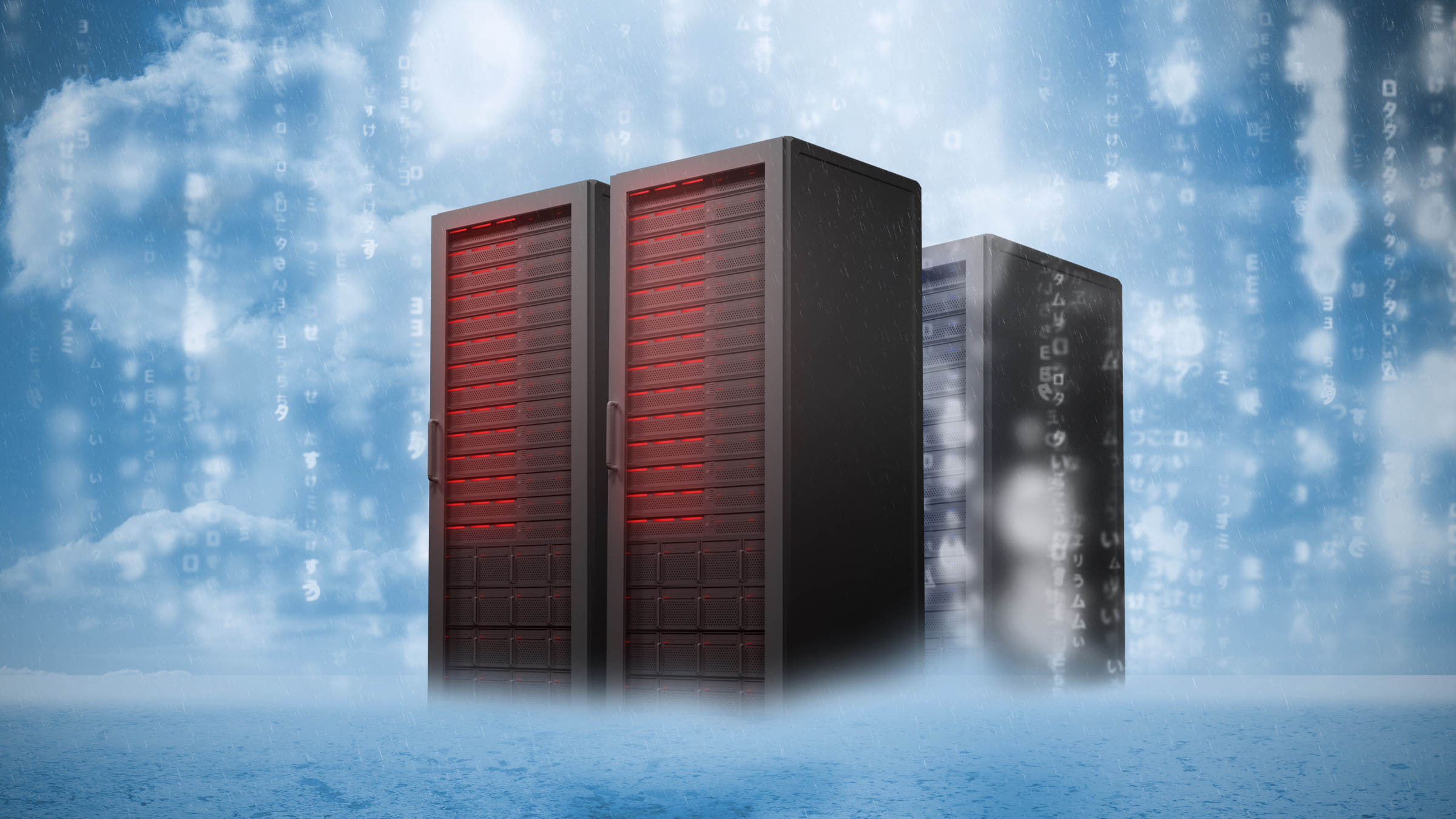
A new global initiative designed to accelerate data-driven innovation worldwide through research data sharing and exchange is scheduled to have its first meeting and plenary session March 18-20 in Gothenburg, Sweden.
Initially, four organizations are supporting what’s known as the Research Data Alliance (RDA). They are:
- the National Science Foundation, which is funding the RDA/US in the United States.
- the 7th Framework Program, which is funding the International Collaborartion on Research Data Infracture (iCordi) Project in the European Union.
- the National Collaborative Research Infrastructure Strategy Program and the Education Investment Fund Super Science Initiative, which are funding the Australian National Data Service in Australia.
The need to facilitate global data infrastructure coordination was discussed by the four funding agencies in a "Data Web Forum Concept Document" white paper, which observes that "information and communication technology infrastructures for research data are emerging worldwide."
However, it continues, without coordination mechanisms, "these efforts are highly fragmented, resulting in domain-, discipline-, institution-, and country/region-specific implementations that are not interoperable." And that decreases the value of investments in data infrastructure since each investment many not benefit from others.
The RDA brings together the data community to collectively build coordinated global infrastructure.
"Enabling infrastructure provides the building blocks for data-driven innovation," says Francine Berman, who chairs the Research Data Alliance/US, and is also Edward G. Hamilton Distinguished Professor in Computer Science at Rensselaer Polytechnic Institute. "The tools, policy, and practice that make data usable and interoperable are critical for 21st century research."
As Berman explains, researchers who might want to determine whether, say, environmental factors impact asthma may need to coordinate air quality data, census data, and biological data, requiring a common framework for interoperability to support their analysis.
"What we need is an alliance that facilitates the forming of the various bits of infrastructure – code, policy, harmonized standards, and practices – that allow data sharing and exchange in any sector, not just in computer science and not just in academic research, but also in private corporations, governments – anywhere there is interest in data-driven innovation, which is practically everywhere."
Berman points to four other initiatives that have made the same kind of difference she hopes the RDA will achieve:
- The Message Passing Interface (MPI) Forum. Over a nine-month period, its members developed a set of communication protocols and a reference implementation.
"Companies adopted MPI, which enabled application developers to use those communication protocols because they knew they could run on all the various machines," Berman says. "The development of a common set of communication protocols made a tremendous difference in terms of what people could do on parallel machines." - The National Institutes of Health (NIH) adopted a policy to require appropriate grantees to deposit information on biological structures of macromolecules into the Protein Data Bank.
"That was approximately 40 years ago," says Berman, "and since then, the Protein Data Bank has become a worldwide repository and resource of information about protein structures. It’s made a tremendous difference in terms of biological research." - The Internet Engineering Task Force (IETF) made certain that there is a common infrastructure for the Web.
- The Alzheimer’s Disease Neuroimaging Initiative (ADNI) adopted a common framework so that the Alzheimer’s community could share data with one another.
"All of these efforts have created infrastructure that has accelerated discovery and brought about results that could not have been achieved otherwise," says Berman.
The RDA plans to have two meetings a year. The first – next month in Sweden – is expected to have a program of speakers including Neelie Kroes, a VP of the European Commission; Farnam Jahanian of the National Science Foundation (NSF); and Alan Blatecky of the Office of Cyberinfrastructure at the NSF. The second meeting, in September or October, will be in the Washington, DC area.
According to Berman, the success of the RDA initiative, which will be an ongoing project, will depend on the adoption and impact of the "building blocks" developed within its working groups.
"If we create enabling infrastructure that drives real outcomes," she says, "then RDA will be successful."
Anyone interested in learning more about the RDA should access its public mailing lists.
Paul Hyman is a science and technology writer based in Great Neck, NY.
LINKS
National Collaborative Research Infrastructure Strategy Program
Education Investment Fund Super Science Initiative
Australian National Data Service
Data Web Forum Concept Document



Join the Discussion (0)
Become a Member or Sign In to Post a Comment